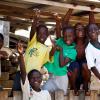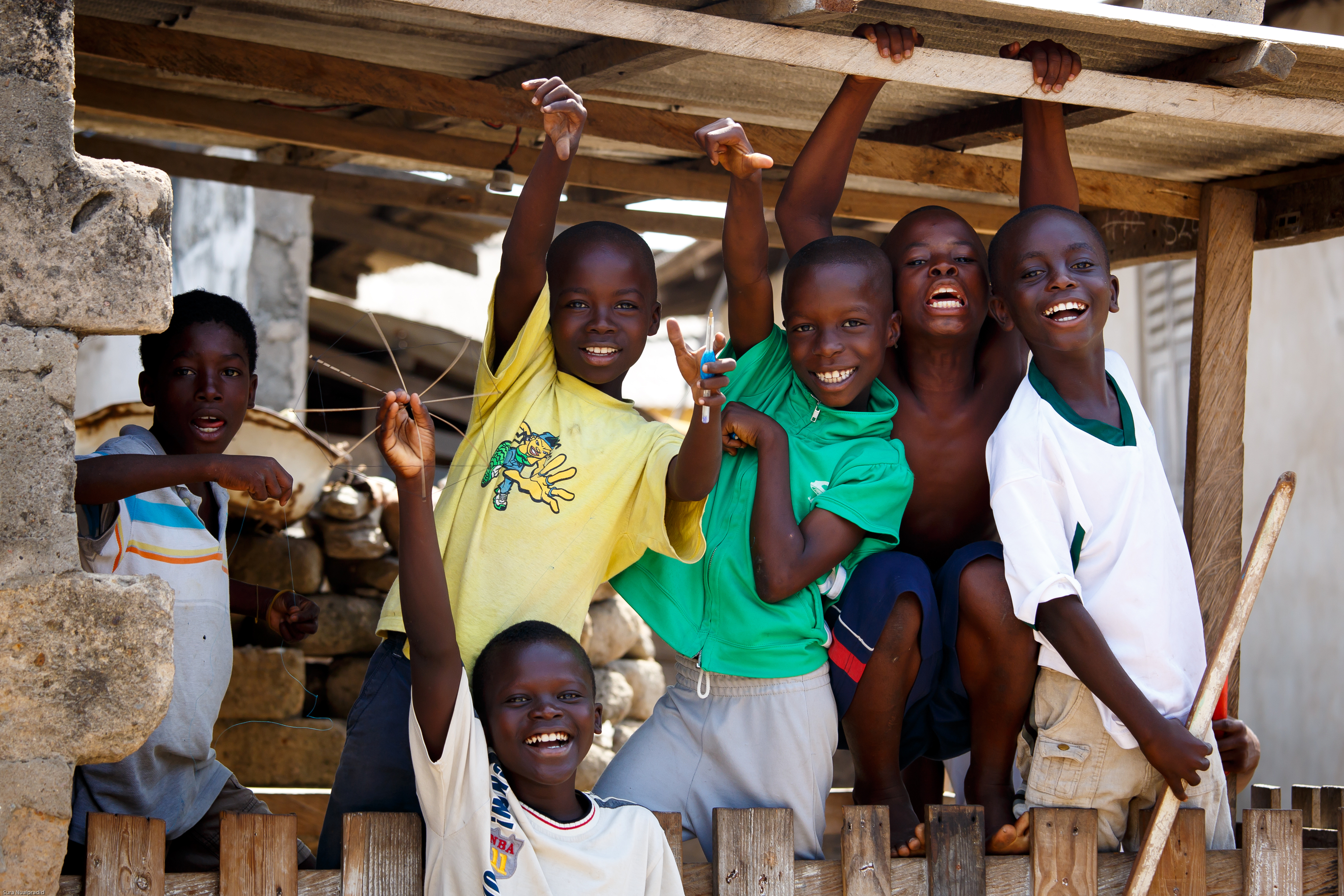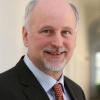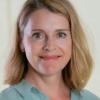
IIASA demographer Wolfgang Lutz is invited to present the latest advances in demography on the interactions between human populations and the environment organised in a webinar organized by the Royal Swedish Academy of Sciences
 © Surabky | Dreamstime.com
© Surabky | Dreamstime.com
The Royal Swedish Academy of Sciences is inviting five prominent speakers from different disciplines to present the latest advances on the interactions between human populations and the environment in an online symposium. Wolfgang Lutz will talk about population and human capital scenarios for the 21st century in the context of environmental change on Friday, 24 September (see abstract below). The symposium will end with a panel discussion, where the panelists will comment on and discuss the formal presentations.
The world’s population has a documented huge impact on the natural environment, to the extent that human development is said to have given rise to a new geological era, the Anthropocene, where people influence their environment at a geological scale. Simultaneously, human population has exploded during the 20th century to its current level of 7.9 billion. On average, the human population is healthier, lives longer, and with a higher standard of living than in earlier centuries. This development has relied partly on the use of abundant natural resources and ecosystem services. However, recent environmental degradation, including climate change, indicates that ecosystems are reaching critical thresholds and may not be able to provide the same level of support via goods and services as in the past.
Thursday 23 September and Friday 24 September, 2021
Starting time: 15:00 CET (GMT+2)
For program details and registration visit the WEBINAR WEBPAGE
WATCH THE WEBINAR IN LIFE-STREAM!
ABSTRACT
Population and human capital scenarios for the 21st century in the context of environmental change.
This presentation will take a long-term global perspective on demographic
trends. It is based on a multi-dimensional approach to demography based on
the classic definition of demography as the scientific study of changing
population size and structures (plural) which goes beyond the frequent narrow
focus on age structure and includes changing structures by level of education,
labor force participation, place of birth and place of residence and other
demographic characteristics.
It will explore the historical roots of the demographic transition, the process
that brings birth and death rates from high and essentially uncontrolled levels
to low and mostly controlled levels, with different societies being at different
stages of this universal process. I will discuss the determinants of this
transition and introduce the concept of cognition driven demographic
transition. In addition to this demographic theory with predictive power I will
highlight two further demographic theories: demographic metabolism
(intergenerational replacement) and demographic dividend.
These demographic concepts will be applied to developing alternative
population scenarios for the 21st century – based on the SSPS (Shared
Socioeconomic Pathways, which are widely used in the field of climate change
analysis). They have been defined on the basis of an extensive global expert
inquiry and give alternative scenario for all countries by age, sex, level of
education and place of residence with respect to different socioeconomic
capacities for climate change mitigation and adaptation. I will also highlight
how education turns out to be a key determinant of future adaptive capacity to
environmental change. I will also address the implications for these trends on
future human wellbeing in different parts of the world and different sub-
populations – discussing the new indicator of “Years of Good Life” – and show
how demography can importantly contribute to the broader field of
sustainability science.
Upcoming Events
Potsdam Institute for Climate Impact Research (PIK) & Online
German IIASA Networking Event: "Systems analysis for a sustainable and peaceful future"
Online and Austrian Academy of Sciences (Doktor-Ignaz-Seipel-Platz 2, Vienna)
Human Agency to Navigate the Anthropocene
Humboldt University of Berlin

